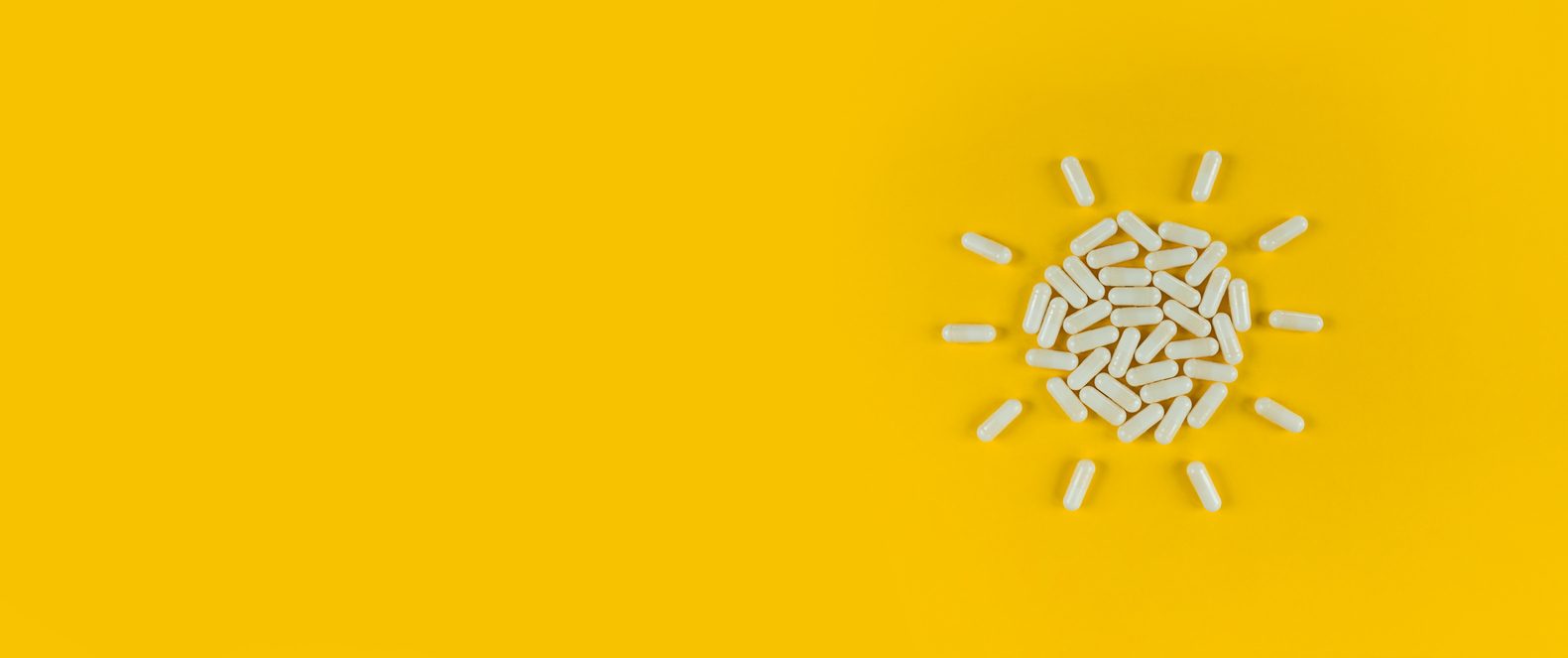
Did you know that heat can have a negative effect on the potency of both prescription and over-the-counter drugs? To make sure your medications stay safe in warmer temperatures, here’s some advice from On Calls Chief Medical Officer, Dr. Michelle Nathan:
-
-
Keep medicines in a cool, dry place—despite the name, the medicine cabinet is not necessarily the best place to store drugs because of the frequent high humidity in the bathroom.
-
Leave drugs in their original packaging to decrease the risk of elements exposure. Exception: elderly or chronically-ill patients who need pill boxes to help with dosage accuracy.
-
Carry your medicines onto the airplane since baggage holds are not controlled for temperature. (You should never check necessary medications anyway, since you could miss doses if your luggage goes missing!)
-
Take medications with you when you leave the car, even briefly. Road warriors, ask your doctor and/or pharmacist for the best storage methods based on the type(s) of medications you take based on your travel plans.
-
Look at your medications before you take them. NEVER take any medication that has changed color or consistency or that has an unusual odor (regardless of the expiration date). You can’t always tell if there is a problem just by looking, but this definitely a good place to start.
-
And don’t forget: if you’re traveling and think your medications were compromised by extreme heat, give us a call and we’ll give you a hand. On Call’s travelers can utilize our 24/7 prescription assistance services 24 hours a day, 365 days a year.
Want even more healthy tips for your summer travels? Check out Dr. Nathan’s advice for common medications that can cause sun sensitivity.
About On Call International:
When traveling, every problem is unique-a medical crisis, a political threat, even a common accident such as a missed flight. But every solution starts with customized care that ensures travelers are safe and protected. That’s why for over 25 years, On Call International has provided fully-customized travel risk management and emergency assistance services protecting millions of travelers, their families, and their organizations. Visit www.oncallinternational.com and follow us on LinkedIn to learn more.


